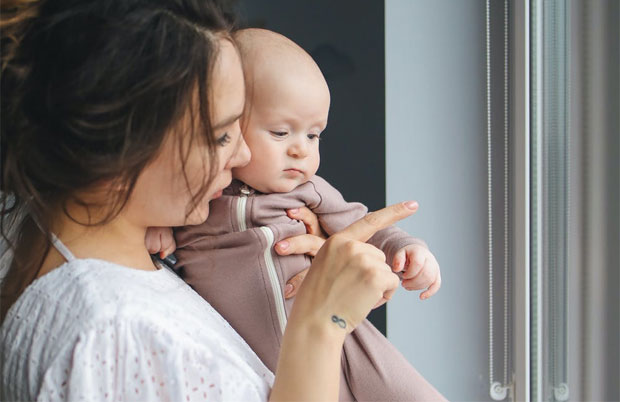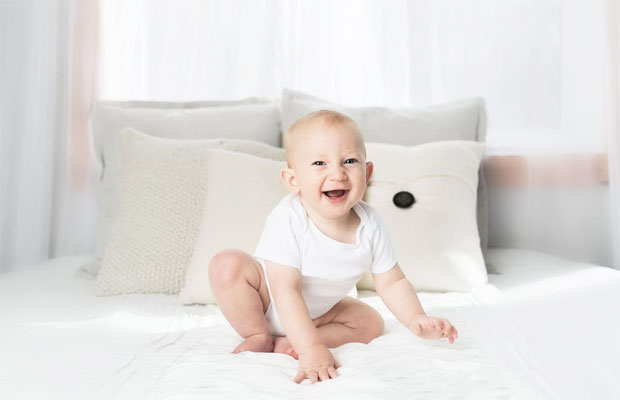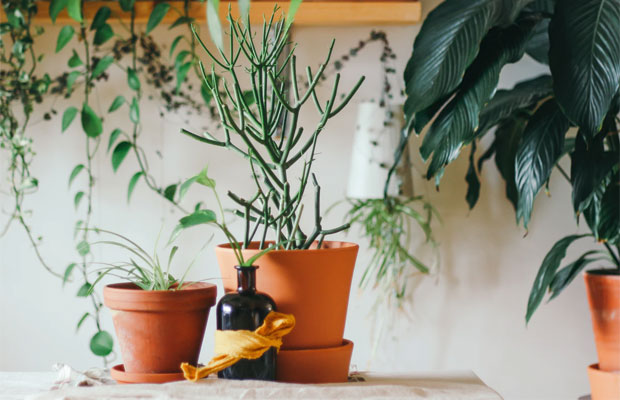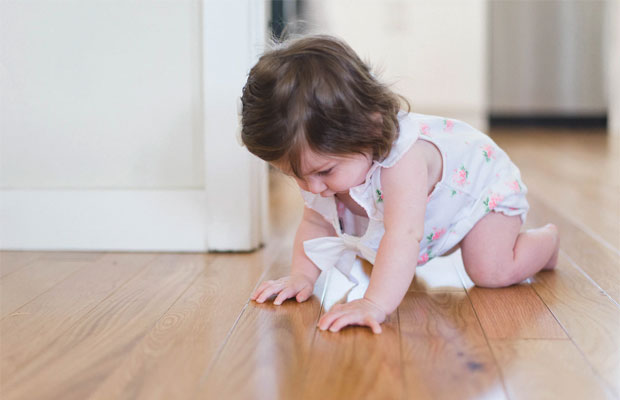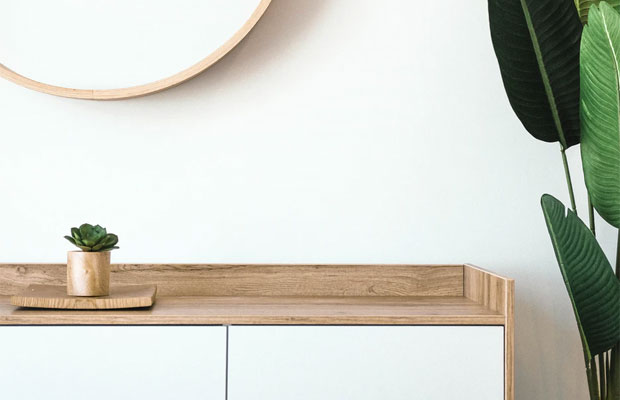6 Best Tips for Baby Proofing Your Home
6 Best Tips for Baby Proofing Your Home
It can be both a wonderful and frustrating time when you are waiting for a baby to join your new family. There are so many things you need to think through. You have to pick the perfect name for the baby, buy organic baby clothes, accessories, other needed supplies, install the nursery, and many other important things.
For new inexperienced parents, all of this brings happiness, but it is also a stressful moment. How do you make sure you took care of absolutely everything you had to? One of the most important steps in new parenthood is baby proofing your home so that your baby is 100% safe.
If you are one of those freshly made parents who are waiting for the baby to come and you need some insightful advice on baby proofing your home, we are going to share some valuable tips that will help you accomplish this task at ease.
Baby Proofing Your Home – Top Tips
Tip #1 – Protect Baby From the Stairs
If you live in a house instead of an apartment and you have stairs, then protecting your baby from the staircase is one of the proprietary things you should do. And you should invest in really good protection for the stairs to be sure that your baby is safe. So you need to consider how to select pressure-mounted baby gates, and to help you with that, you can check out the Modernbabyadvice website.
Tip #2 – Reorganize Your Plants
If you are a plant lover, you will either have to reorganize your plants and make sure the baby cannot reach them or give some of them away. Babies love to explore the world and taste everything they find. A leaf or flower might look like a tasty snack too. And some plants are beautiful to look at, but they are very poisonous.
More to it, if you have bigger plants in bigger pots, they could fall on the baby if he or she tries to pull a big leaf. So try to avoid keeping such plants in spots that are easy to reach for the baby.
Tip #3 – Protect Electric Outlets
Mothers adapt their style as the baby bump grows and, as your baby grows, you will have to adapt the style of your home too. You probably know that little babies and toddlers are very curious — they want to touch, smell, and taste almost everything that they find in their way. Unfortunately, some of the things around your house could be very hazardous for the baby.
And one of those things is electric outlets. To protect your baby from sticking their fingers into the outlet, make sure you buy and install specialized covers for them. Better safe than sorry.
Tip #4 – Baby Proof Yourself
By this, we mean that you need to adapt your lifestyle as the new member of the family is coming soon. First of all, think about your habits. If you have a habit of leaving keys or other small or dangerous stuff lying around, you will have to change that.
Also, if you like dangly jewelry, you should put it away for some time, because it might become dangerous both for you and the baby. And you might as well start practicing it before the baby comes because changing a habit like this will take time.
Tip #5 – Keep Your Home Clean
Keeping your home clean is very important for your baby’s health, especially the cleanliness of the floor. Focus on not leaving small objects on the floor because there is a big chance that the baby will try to eat them and might even swallow them. So keep your home and, most importantly, the floor uncluttered.
Also, you should clean your floor often — vacuum or mop it, depending on the surface of your flooring. This will help make sure you keep all kinds of germs out of the house. More to it, always try to not walk with your shoes on at home as this will increase the possibility of bringing home some extra germs into the house.
Tip #6 – Secure Your Furniture
By securing your furniture, we mean that you should make sure that the furniture is steady and won’t fall on your baby. As children learn to walk, they tend to use all of the furniture in the house to help them keep their balance. Also, assure that you do not have any heavy objects placed on your furniture that could fall down when your baby or toddler touches a cabinet or other piece of furniture.
| Guest Article.

